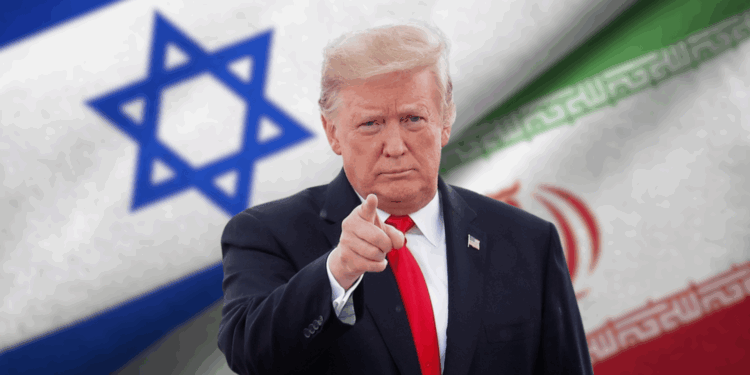- Trump announced a ceasefire deal between Israel and Iran set to begin at midnight ET, with full war termination after 24 hours.
- No formal confirmation has been issued yet by either government, though Iran’s limited retaliation hints at willingness to deescalate.
- The U.S. role in restraining further violence, combined with Trump’s diplomatic push, may have helped broker the truce.
President Donald Trump declared Monday that Israel and Iran have agreed to a “Complete and Total” ceasefire, aiming to end the 12-day war that erupted on June 13. According to Trump’s statement on Truth Social, the ceasefire will begin at midnight ET, with Iran initiating the pause in hostilities. Israel is expected to follow 12 hours later, and the war will be officially considered over after 24 hours.
No Official Confirmation Yet from Israel or Iran
While Trump’s announcement offers a hopeful resolution, neither Israel nor Iran has formally confirmed the ceasefire agreement. The conflict began with Israeli airstrikes on Iranian military and nuclear facilities, killing key personnel and triggering Iranian missile retaliation. So far, more than 950 Iranians have been killed, with an additional 3,450 wounded, according to human rights groups. Iranian counterstrikes have left at least 24 Israelis dead.
U.S. Role in the Conflict and Deescalation
The United States entered the fray over the weekend by targeting three suspected Iranian nuclear sites. This raised alarms of a broader regional war, but Iran’s limited missile response — with no reported casualties — helped open the door for de-escalation. Trump thanked Iran for providing early notice before that strike and has since emphasized his desire to end hostilities.
Global Reactions Await Official Implementation
As the world awaits official confirmation from both governments, the proposed timeline suggests a symbolic transition toward peace. Trump stated that after the 24-hour mark, the war’s conclusion would be “saluted by the World,” signaling hopes for renewed regional stability.
















